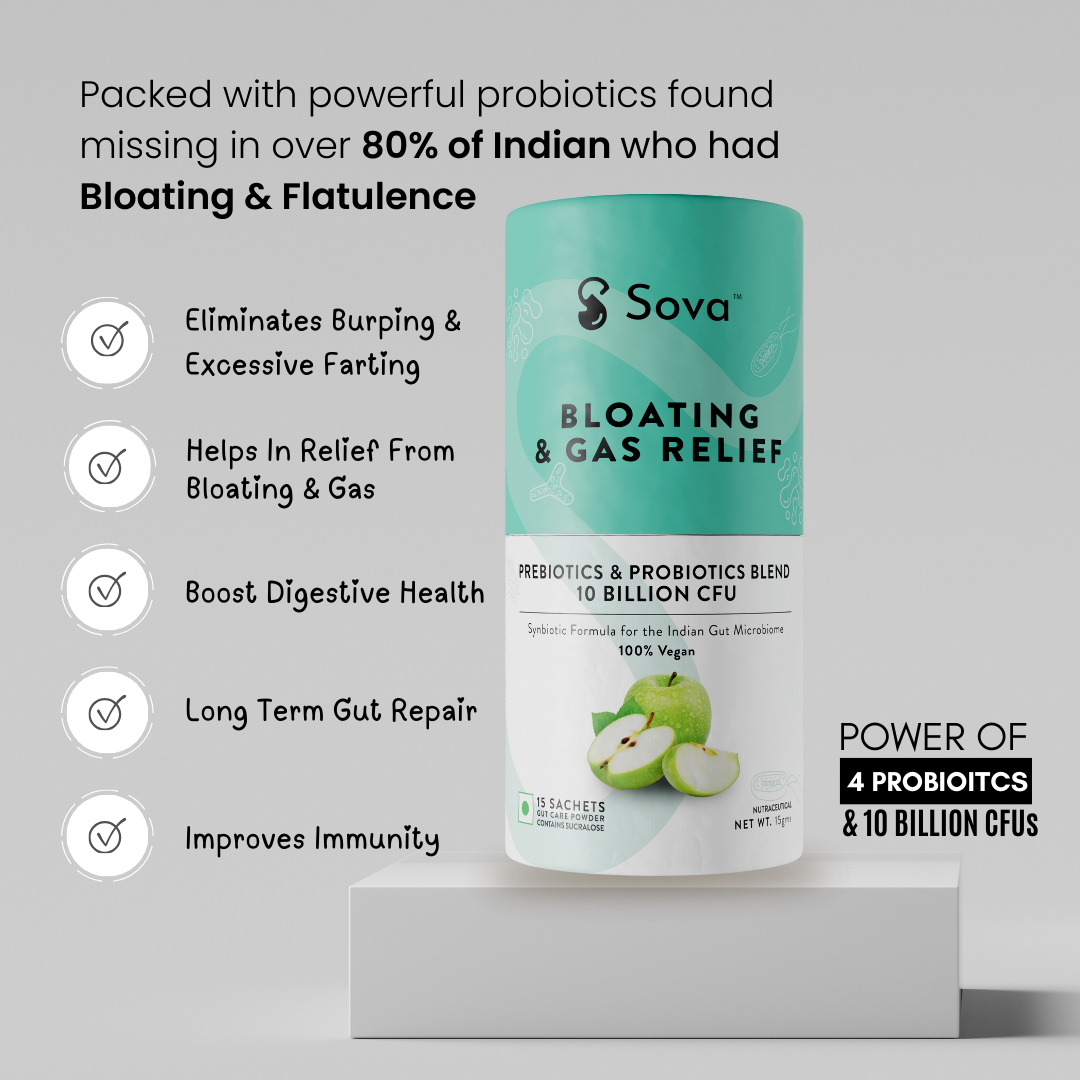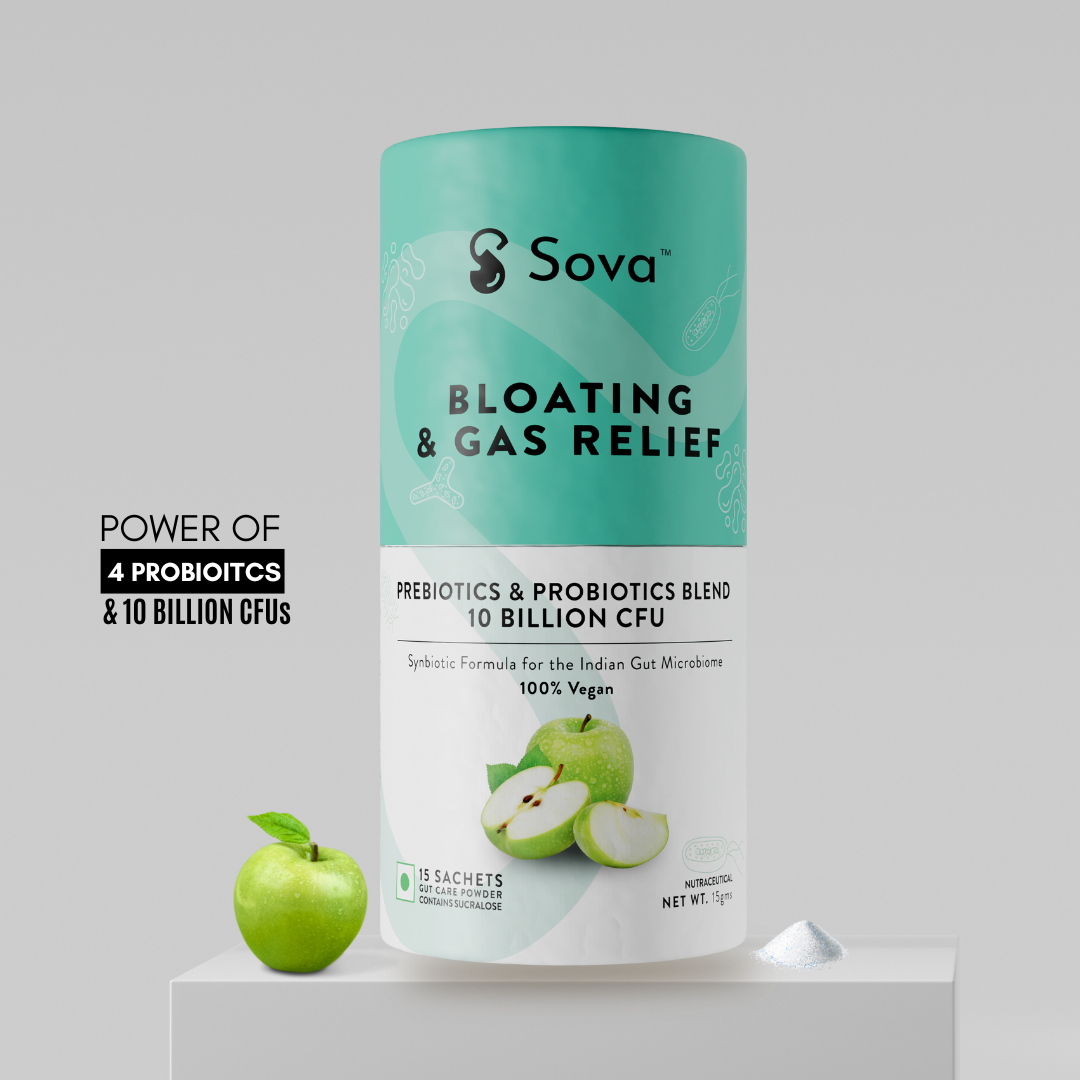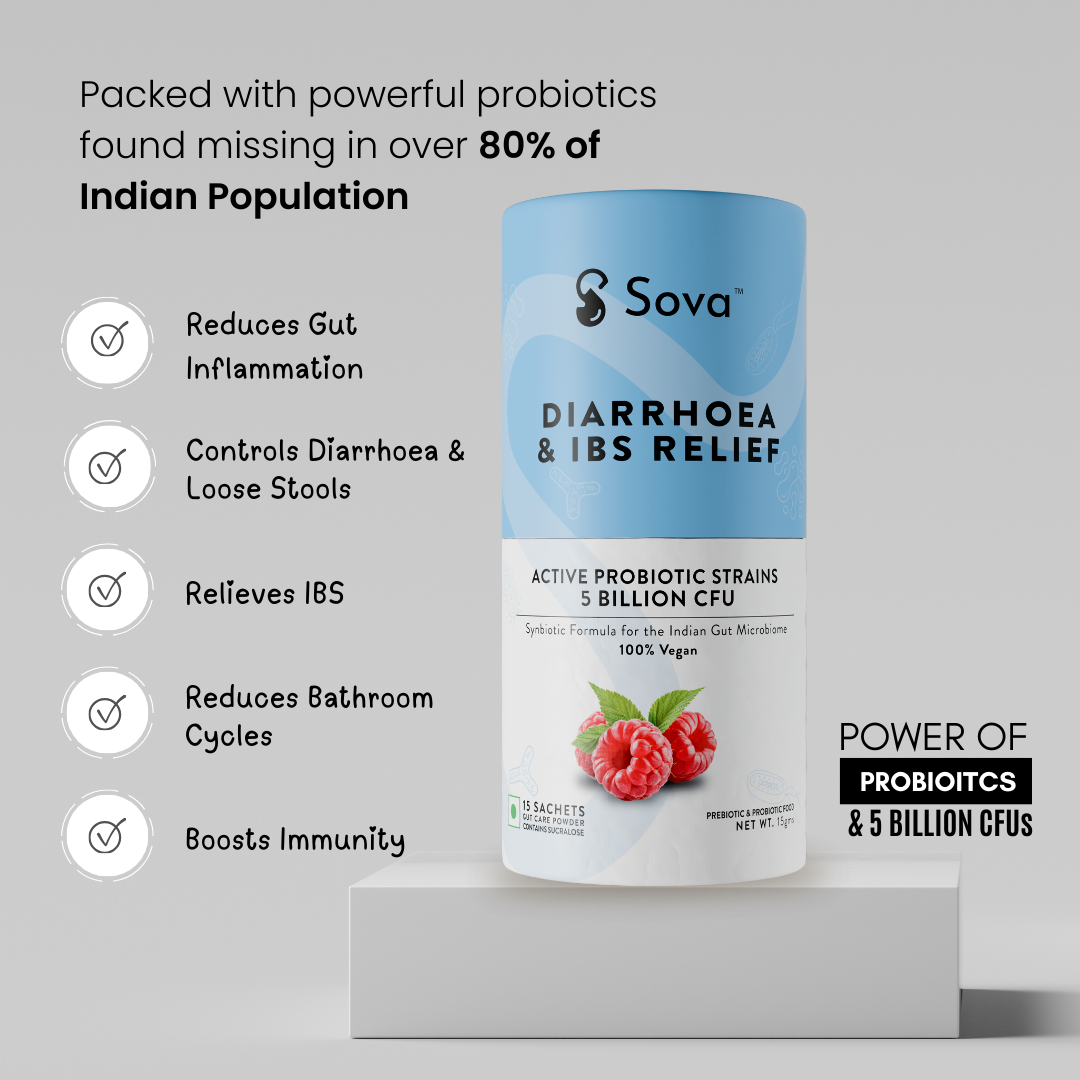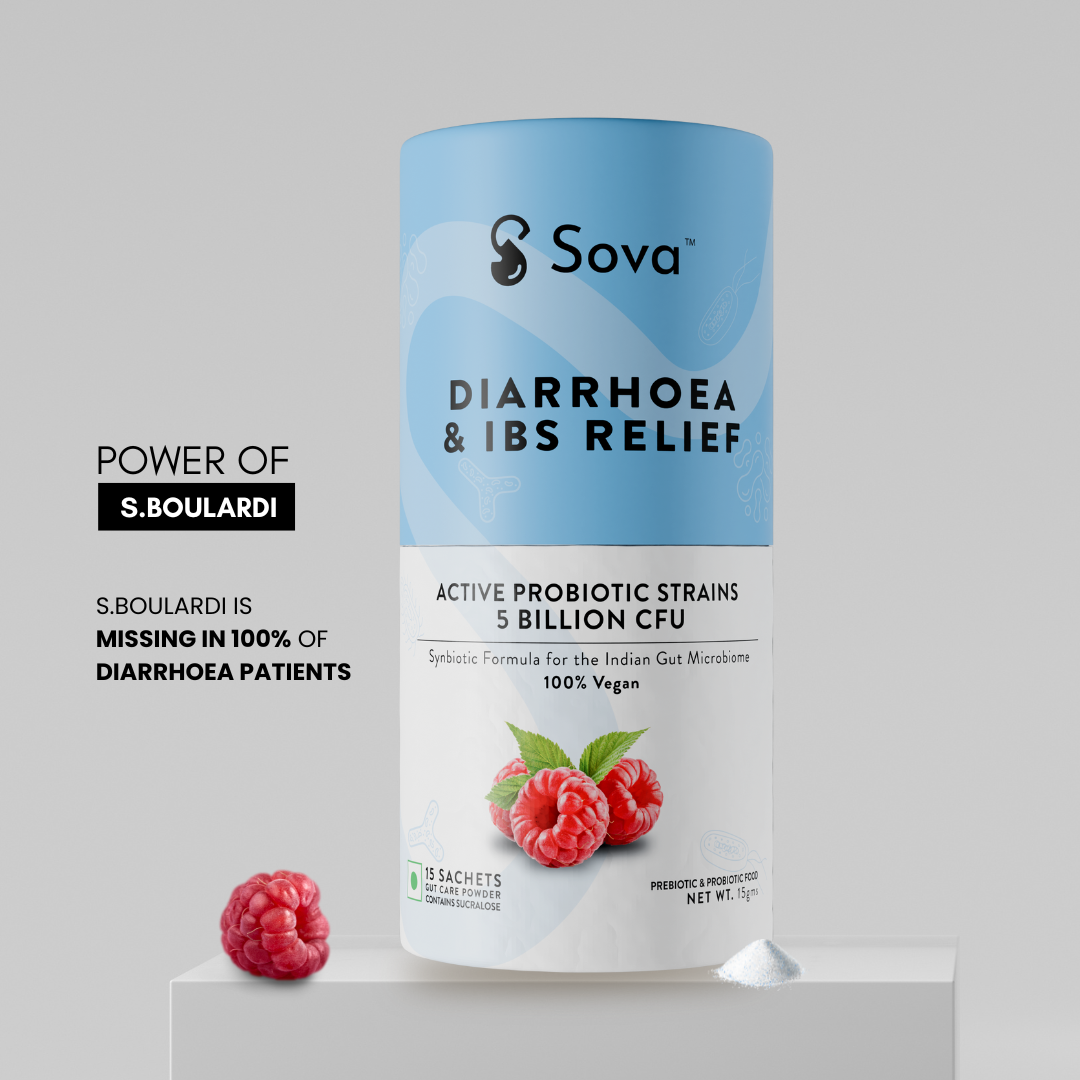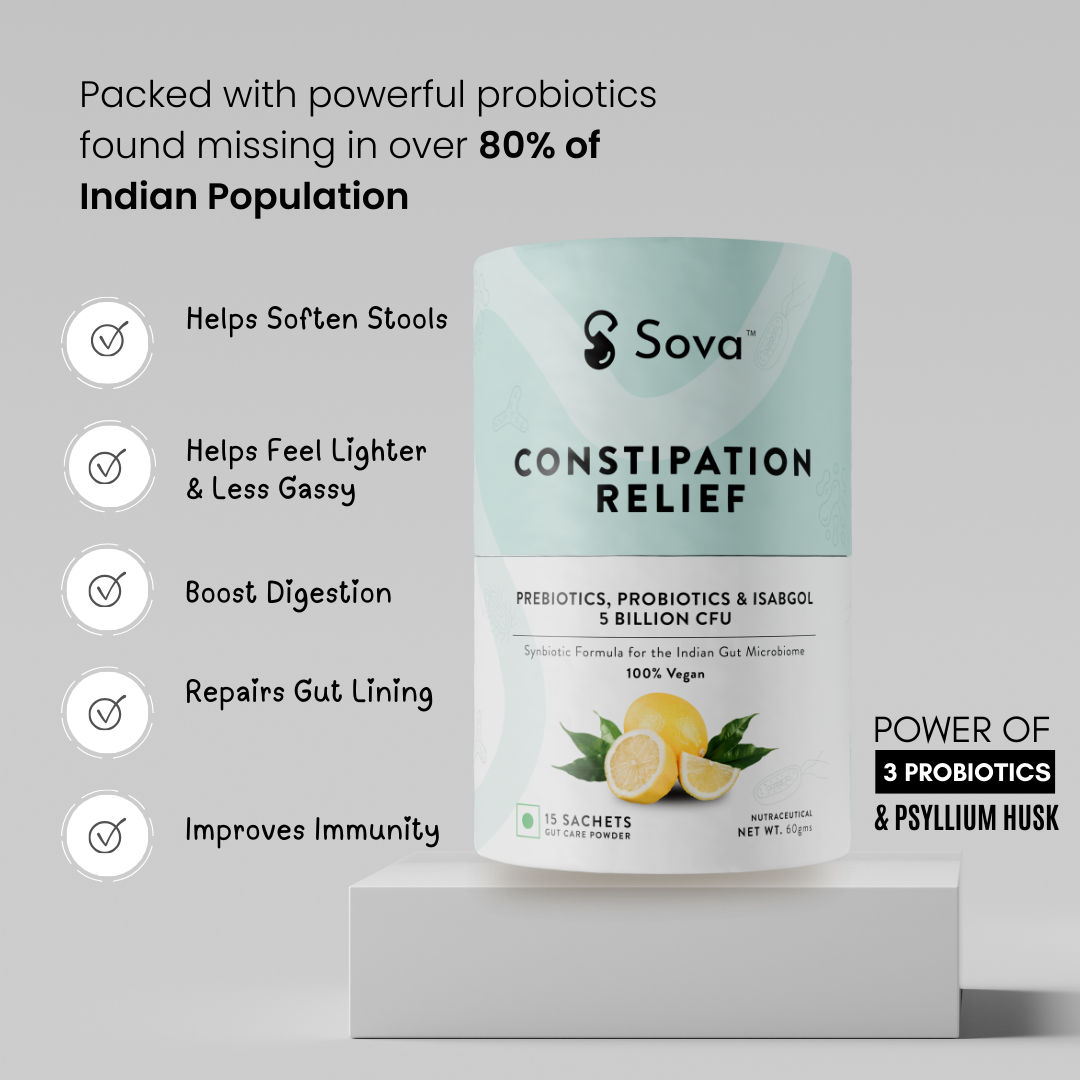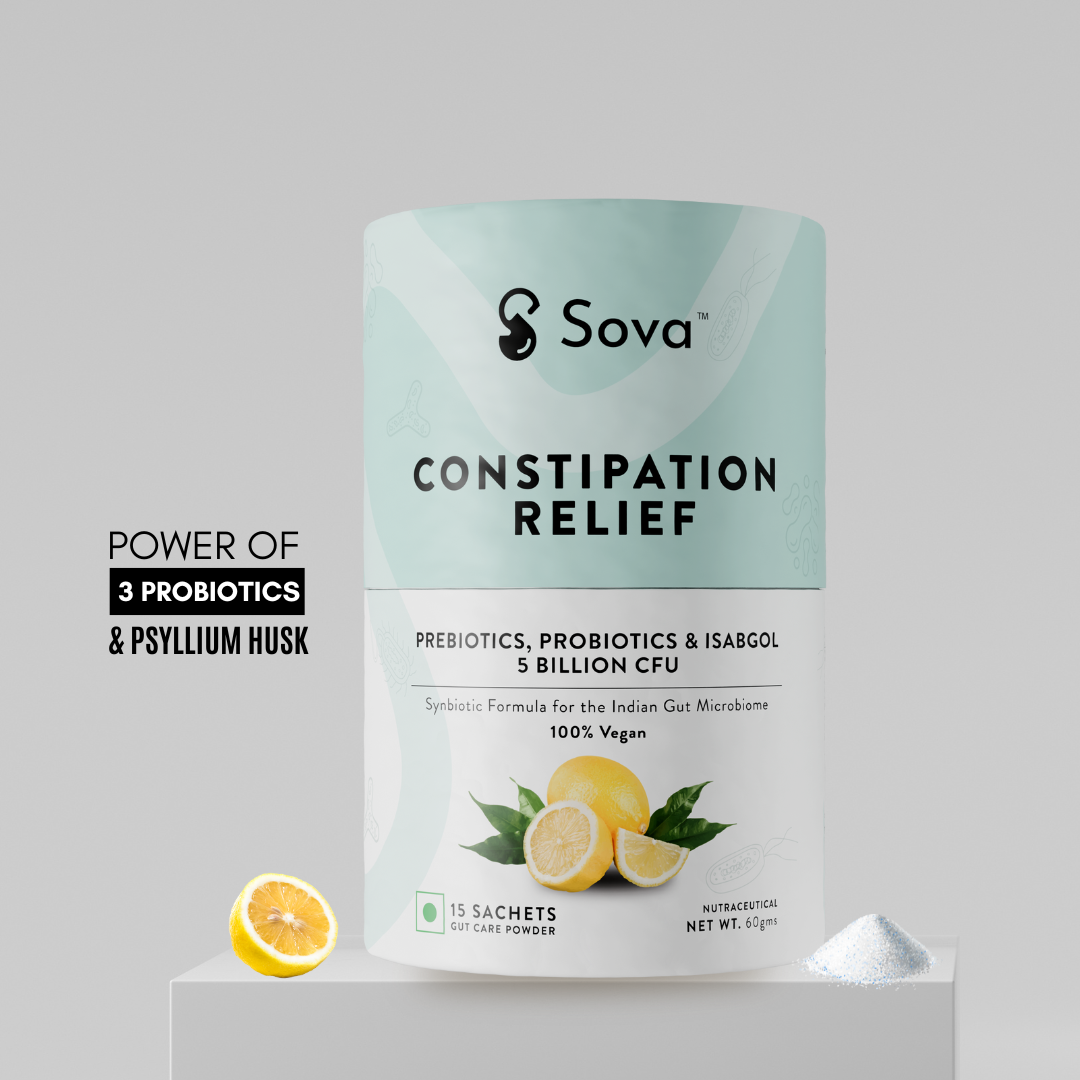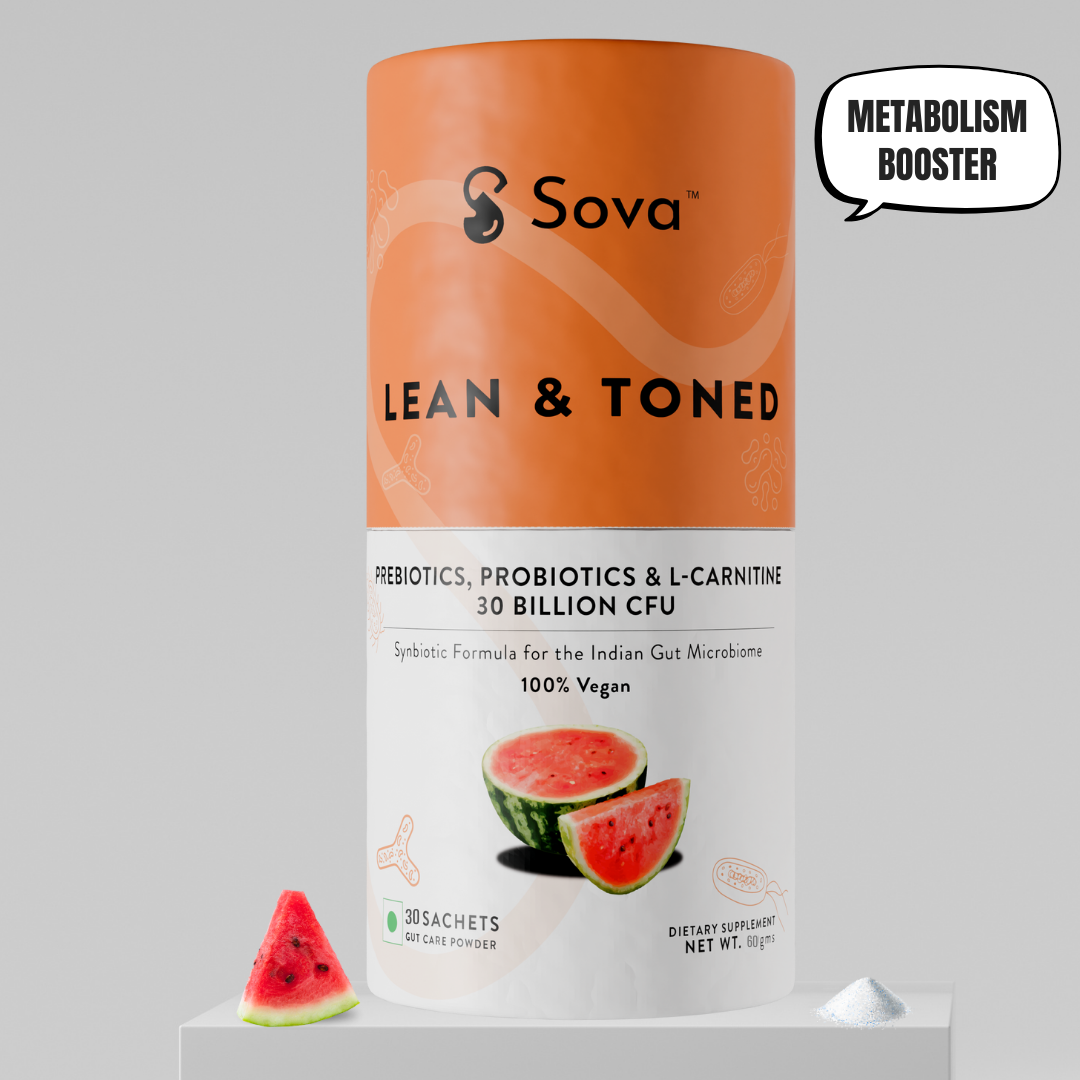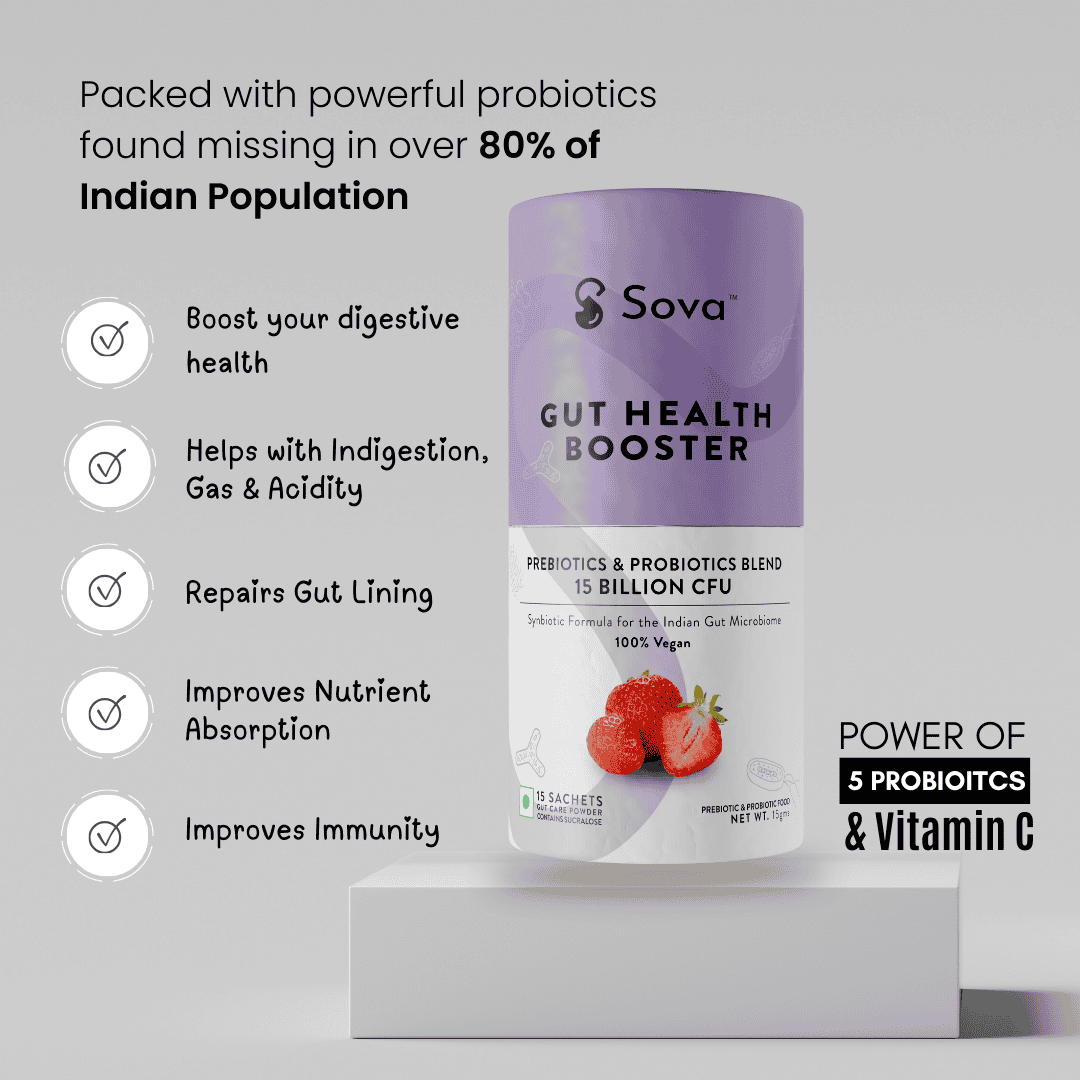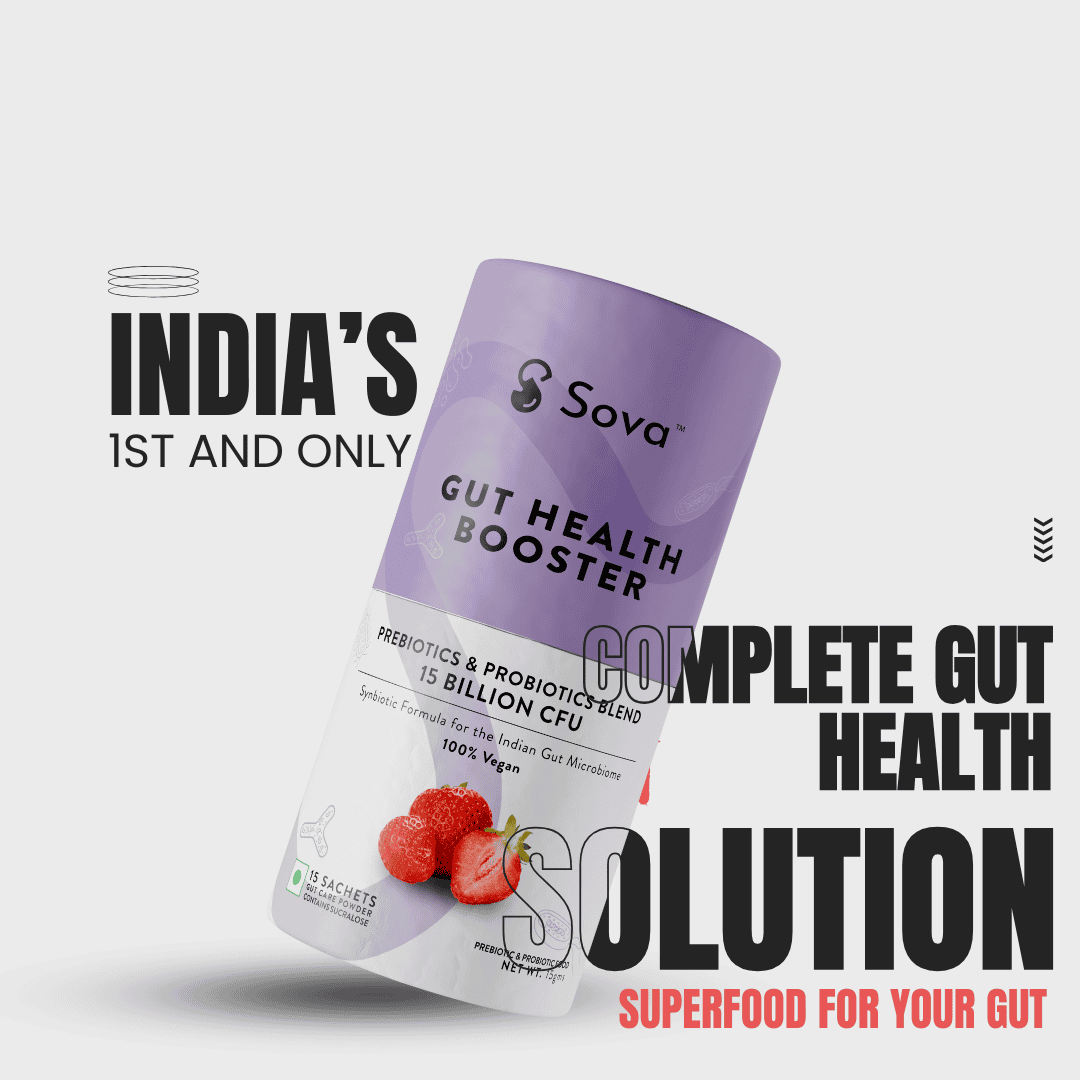For some years now, gut health has been a hot topic at the moment. Your digestive system does much more than just processing food: it involves immunity, weight control, and even mental health. While probiotics, such as yogurt and kefir, are often in the spotlight, they are by no means the only factor in the equation: prebiotics are equally important. These are indigestible fibers that nourish the beneficial bacteria in your gut, assisting them in flourishing and maintaining a balanced microbiome.
Eating food with prebiotic will boost your digestive health and general well-being. Some of the most remarkable foods for prebiotics that should always stay stocked at home include them closely looking at the top ten for your want.

Why Foods with Prebiotics is Important for Our Health
While probiotics have many benefits, we’ll primarily focus on prebiotics in this blog. Prebiotics can be contained naturally in some foods while sometimes it is available as dietary supplements. Prebiotics help in maintaining gut and digestive health, immune system, and bone health. Prebiotics help improve the gut microbiome by increasing the good bacteria in the gut, keeping away the bad bacteria from the intestine, and giving relief from constipation. Prebiotics help strengthen the immune system by keeping the balance between good and bad bacteria in the gut. What food has prebiotics can help manage allergy and symptoms of eczema by positively impacting the immune system.
Prebiotics absorb calcium from the food we eat which contributes to preventing osteoporosis and bone fractures and makes the bones strong. However, the overall effectiveness of prebiotics depends on age and overall health.
Foods with Prebiotics
Chicory Root
Chicory root, the coffee taste, is a superstar in the prebiotics world. It possesses one of the highest levels of inulin, a prebiotic fiber that nourishes gut bacteria, digests liver health, and regulates blood sugar levels.
They include brewing it instead of coffee, adding its powder into smoothies, and using it to sweeten baked goods naturally.
- Pro Tip: Avoid bloating by using it in small amounts.
- Benefits: Improve gut health, detox the liver, and fight constipation.
Garlic
Garlic is more potent than just a spice in the kitchen. Its rich content of Fructo oligosaccharides (FOS) stimulates the growing colonies of beneficial gut bacteria while fighting harmful microbes.
- Application: Smash raw garlic and leave it for a few minutes before adding it to salad dressings, spreads, or stir-fry dishes to preserve its prebiotic properties.
- Supplements: Immune health booster and the heart's health, given it supports and maintains a balanced gut microbiome.
- Fun fact: The rawer the garlic is, the more striking its prebiotic effects become.
Onions
Onions co-relative to garlic is another excellent fructo-oligosaccharide and inulin source. Onions act as antioxidants against inflammation and heart disease.
- How to consume: Brazilian blend these raw, dice for salad, burn them lightly till sweet, or add to your soups or stews.
- Pro Tip: Red onions are better for the gut as they have a higher antioxidant density than white or yellow onion varieties.
- Benefits: Improves the absorption of nutrients, decreases flatulence, and protects against chronic diseases.
Bananas (Green and Unripe)

Ripe bananas are good sources of energy. However, green bananas or unripe bananas are potential prebiotic powerhouses because of their high content of resistant starch. This fiber is not digested in the stomach and small intestine but skips straight into the colon, which becomes food for some good bacteria.
- How to Use: Hack green bananas into smoothies, fry them as chips, or add them into different recipes, replacing the starch component.
- Benefits: It helps in regulating bowel movement; maintaining blood sugar levels, and managing weight.
- Pro Tip: Try pairing it with yogurt as another probiotic for gut-boosting.
Asparagus
This vivacious vegetable is regarded as an emblem of spring, as well as a considerable source of inulin, and is an excellent option for digestive health. In addition, among other health benefits that it offers, asparagus serves as an abundant source of antioxidant agents and anti-inflammatory agents for the body.
Asparagus prepares easily and is very flexible. It can be lightly steam-cooked or grilled such that it retains the natural crunch and flavor. Prepared as a second course, it's always excellent with olive oil or garlic or a squeeze of lemon juice. Chopped is an excellent addition to stir-fries, pasta dishes or salads for texture and flavor.
Asparagus is not only beneficial for digestion, it also has very low-calorie content and is rich in all vital nutrients such as vitamins A, C, E, and K, as well as folate. These factors help with weight loss, promote gut health, and enhance the immune system. Therefore, asparagus is a great way of enjoying your meals during a particular season.
- How to Use: Steam or grill asparagus as a side dish or chop it into stir-fries.
- Benefits: Alleviates bloating, weight loss, helps to develop gut-friendly bacteria.
The Jerusalem Artichoke
Known as sunchokes, these tubers contain incredibly high amounts of inulin and have an earthy, nutty flavor. They support mineral absorption and help improve the health of the lining of the gut.
Its versatility in cooking makes Jerusalem artichokes an excellent potato substitute. They can be roasted to bring out that sweetness of caramel, mashed for a creamy side dish, or blended into soups and purées for added richness. To get the maximum nutritional benefit, gently peel the tubers to retain some of the fiber-rich skin.
They enhance mineral absorption, which further helps build stronger bones and overall health. It helps ease the discomfort in the digestive system and makes it a perfect choice for people with sensitive stomachs. Jerusalem artichokes give a deliciously unique taste to your diet and boost the gut health and well-being.
- Usage: Roast, mash, or mix Jerusalem artichokes into soups and purées. It's one of the best alternatives to potatoes.
- Pro tip: Gently peel them to keep some fiber under the skin.
- Benefits: Improves calcium absorption, helps support bone strength and lessens digestive discomfort.
Dandelion Greens
Once thought merely as a weed, dandelion greens represent a vibrant source of nutrition. They are indeed filled with fiber and inulin and serve as a means for the balancing of gut bacteria as well as detoxification.
- Uses: Sautéing dandelion greens with garlic, tossing them into salads, and mixing them into green smoothies are highly recommended.
- Detox: Detoxifies the liver, improves digestion, and relieves constipation.
- Pro Tip: Choose younger greens for a much less bitter flavor.
Oats
Oats are indeed very cheap, prebiotic-rich, and multifunctional. They contain beta-glucan and resistant starch because they are non-digestible carbohydrates necessary for a healthy gut microbiome.
Other than the gut benefits, oats are known to lower cholesterol levels. In the digestive tract, beta-glucan forms a substance that resembles gel and binds cholesterol, thus preventing its intake. Oats are the best choice for heart health. In addition, complex carbohydrates in oats cause a steady level of sugar in the blood, thereby being beneficial for people with diabetes or for people who are seeking to maintain stable levels of energy throughout the day.
Oats are so versatile in the kitchen. They can be made as a comforting bowl of oatmeal, baked into granola bars for a convenient snack, or ground into flour for baked goods like pancakes or muffins. For maximum fiber content, choose steel-cut oats, which are less processed than rolled oats.
This makes one relish the nutty taste of oats while benefiting from an improved digestive system, which then enhances the heart's well-being.
- Usage: Oats can be consumed with oatmeal, baked in granola bars, or ground into flour to make baked products.
- Benefits: Lowers cholesterol, stabilizes blood sugar, and improves gut motility.
- Pro Tip: Go for steel-cut oats for a high fiber content.
Apples
With this prebiotic fruit, it says that "an apple a day keeps the doctor away" has a whole new meaning. Apples are very rich in pectin: a fermentable soluble fiber turning into short-chain fatty acids by gut bacteria producing the significant ones for the colon.
- Ways to Use: Raw apples make excellent salad additions, while cooked apples can be used for desserts. The best snack is to enjoy raw apples.
- Advantages: Reducing inflammation, improving gut health, and aiding weight loss.
- Pro Tip: The maximum amount of fiber is from consuming the skin.
Leeks
Leeks are a mild, oniony vegetable and fine all-purpose prebiotic-rich food: inulin and antioxidants are contained. They improve digestion and limit oxidant-induced stress, hence improving health in general.
It is easy and rewarding to include leeks in your cooking. They can be thinly sliced and added to soups, stews, or broths for a delicious flavor. Sautéed leeks with fresh herbs such as thyme or parsley make for an excellent side dish, and when roasted with olive oil, they bring out the sweetness of the leeks themselves.
Leeks are also heart-friendly because they reduce LDL cholesterol levels and promote healthy blood vessels. Their combination of prebiotics and antioxidants makes them a key player in maintaining a robust immune system. Enjoy the mild, onion-like taste of leeks while reaping their numerous health benefits, including improved gut flora and overall well-being.
- How to Use: Cut leeks into soups, add them to sautéed dishes with herbs, or roast them by themselves.
- Benefits: Improves immunity, supports the heart, and ensures healthy gut flora.

Benefits of Prebiotic Foods
- Digestive Health: Prebiotics are nutrients that nourish good bacteria in the gut and help improve motility and absorption of nutrients.
- Immunity Booster: It makes one immune response strong against illnesses after improving the gut microbiome.
- Mental Clarity: Prebiotics may influence mood and stress by supporting the gut-brain axis.
- Weight Management: Prebiotics regulate the hunger hormone and increase the feeling of fullness.
Difference Between Prebiotics and Probiotics
Very often we get confused between prebiotics and probiotics when we talk about gut health. While both are important for improving gut health, they work differently on the gut. Some dietary supplements contain both prebiotics and probiotics. People with small intestinal bacterial overgrowth (SIBO) and irritable bowel syndrome (IBS) should avoid taking prebiotics or probiotics. Thus, the basic differences between prebiotics and probiotics are listed below:
|
Prebiotics |
Probiotics |
|
Prebiotics are the food for the microorganisms in the gut. |
Probiotics are made of microorganisms that increase the population of good bacteria in the gut and thus improve gut health. |
|
Prebiotics are foods that contain high fiber content |
Probiotics are found naturally in some foods and artificially in supplements |
|
Foods with prebiotics are onion, potatoes, garlic, leeks, and bananas etc |
Fermented food such as yogurt and sauerkraut contains probiotics. |
Conclusion
Gut health is a building block of well-being across the board-from digestion to immunity, mental clarity to energy levels and so much more. Food with prebiotic in your everyday meals will help you build an environment that allows beneficial bacteria to flourish before you even realize its longer term benefits. From a steaming bowl of oatmeal at breakfast to an apple as a great snack or a healthy side dish of garlic and onion with dinner, these simple diet options bombard healthy guts with straight fire.
Visit Sova Health and stock up on the must-haves that would release your body's full potential.

